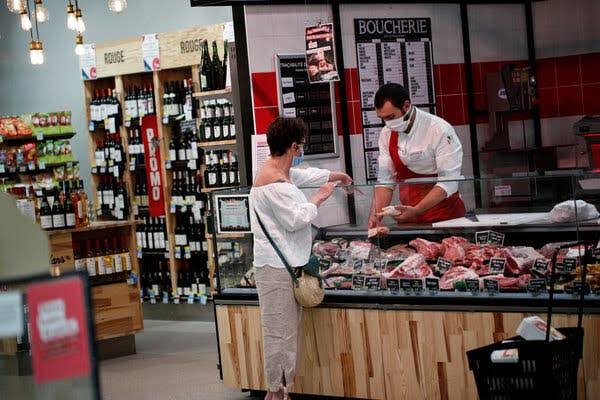
Meat remains a significant component of the French diet, yet there is a growing consensus on the need to reduce its consumption. This shift aims to ensure better incomes for livestock farmers and promote sustainable production by decreasing imports. The third edition of a biennial survey on meat consumption in France, conducted for the Climate Action Network (RAC) and released on Tuesday, March 18, reveals that a majority (53%) of respondents have cut back on their meat intake over the past three years, a trend that has remained consistent across studies.
In the Toluna Harris Interactive survey, conducted from February 2 to 5 with a sample of 1,100 participants, the primary motivation for reducing meat consumption was financial, with over half of those surveyed citing cost savings. However, this figure has decreased by six points compared to the previous study conducted in 2023 during the peak of the inflation crisis. Health concerns ranked as the second most common reason (38%), followed by environmental issues (35%) and animal welfare (33%).
See more: French PM summons ministers to end rift over hijab in sport
These findings align with statistics from the Ministry of Agriculture, which indicate a slight decline of 1.7% in meat consumption in 2023, reflecting a 5.7% decrease over the past two decades. It is important to note that while the consumption of more expensive red meat is decreasing, poultry consumption continues to rise.



